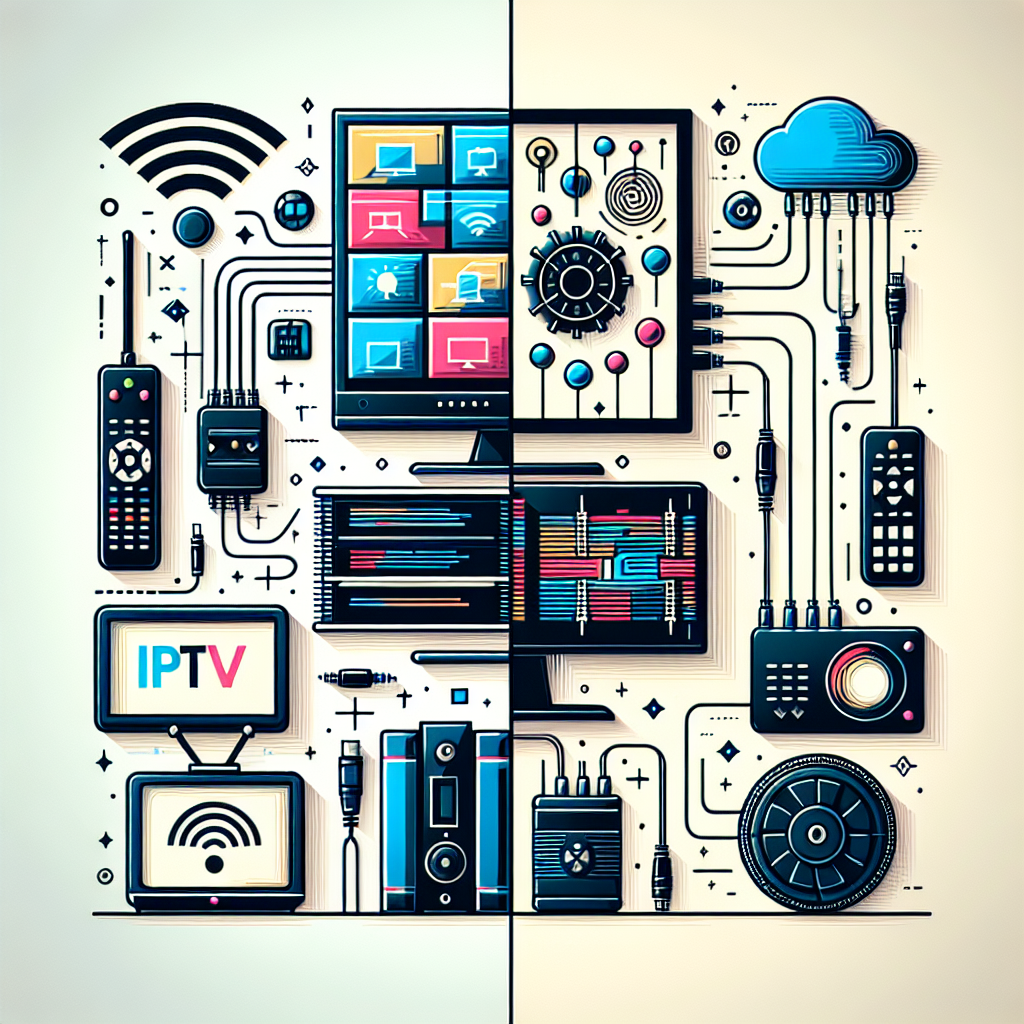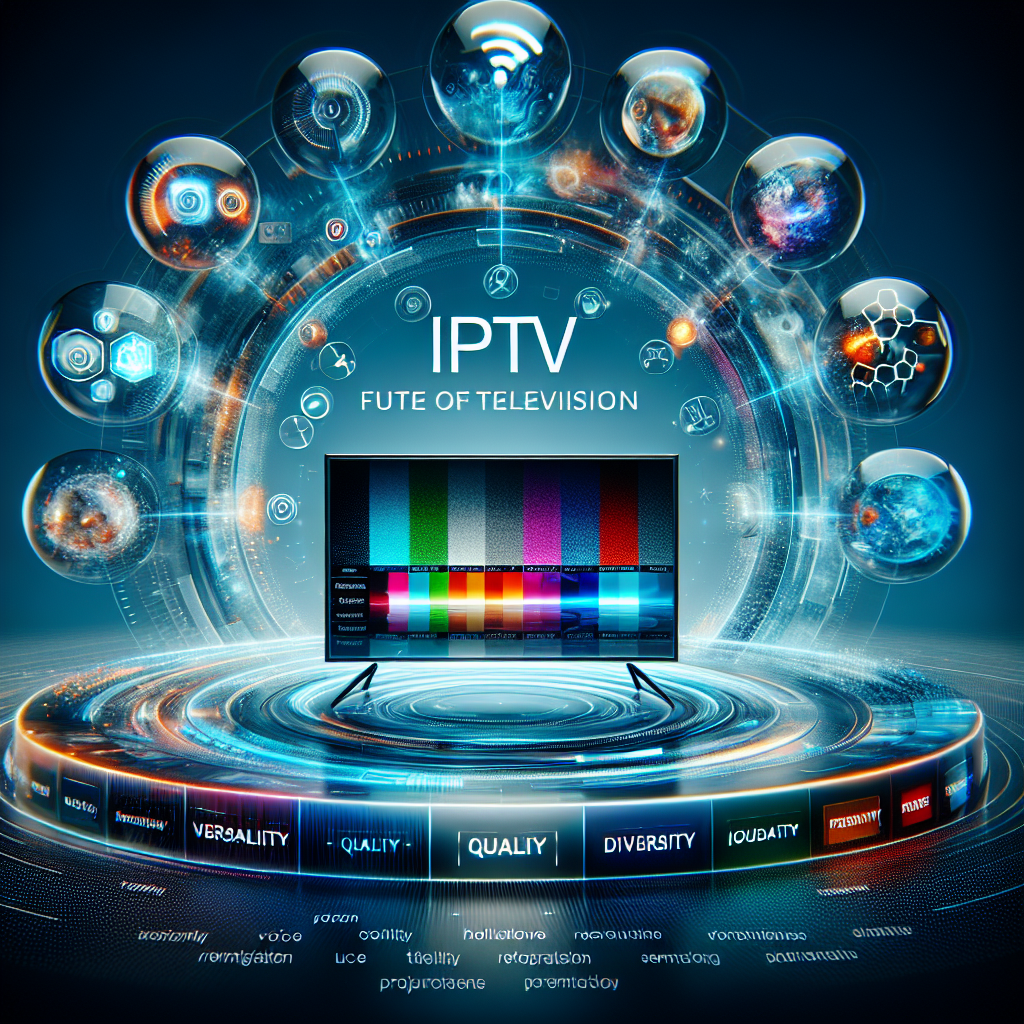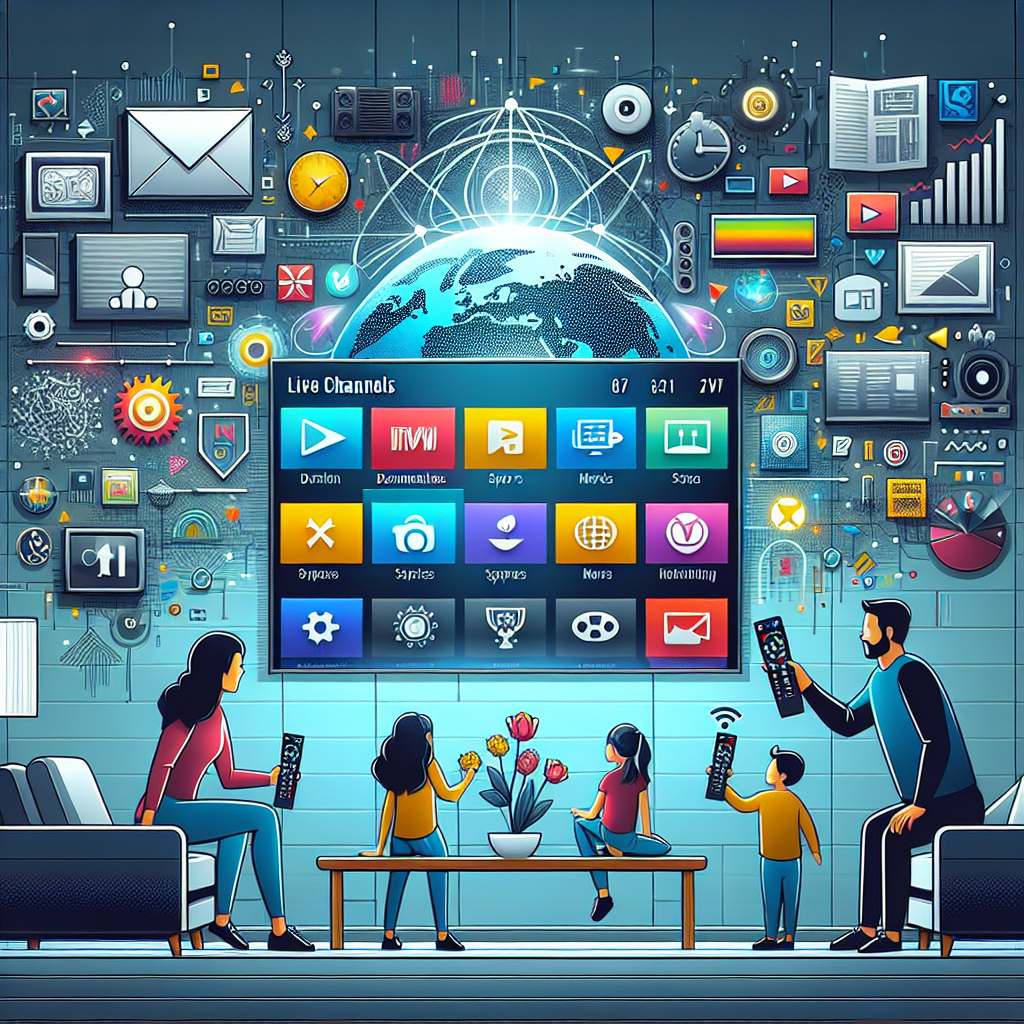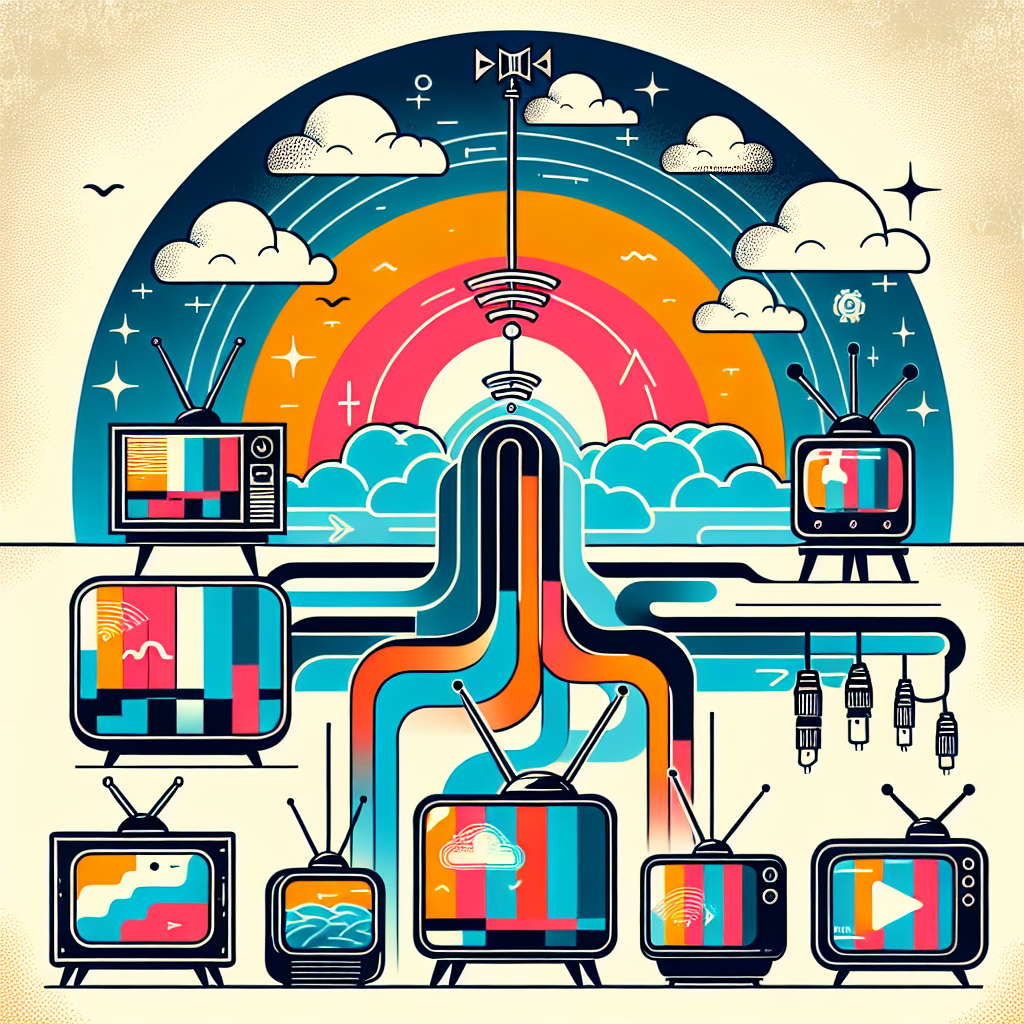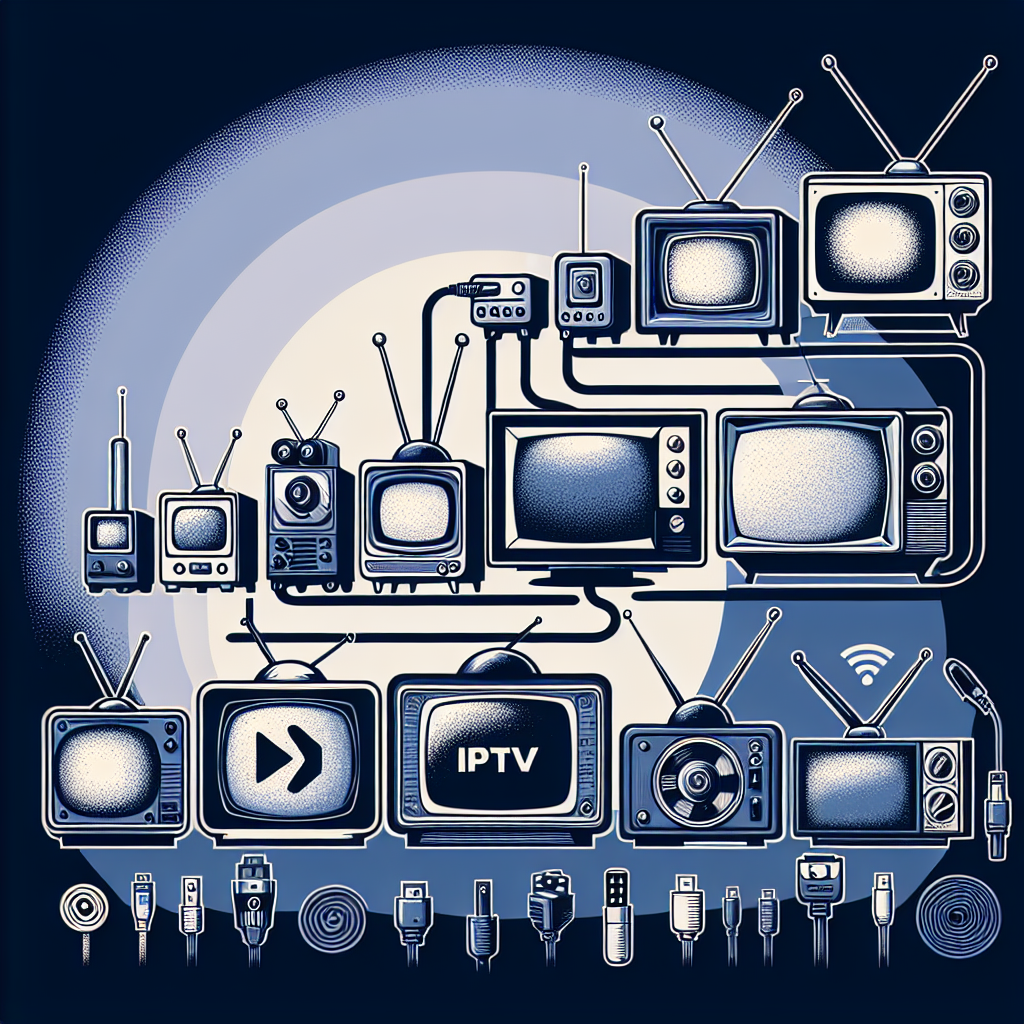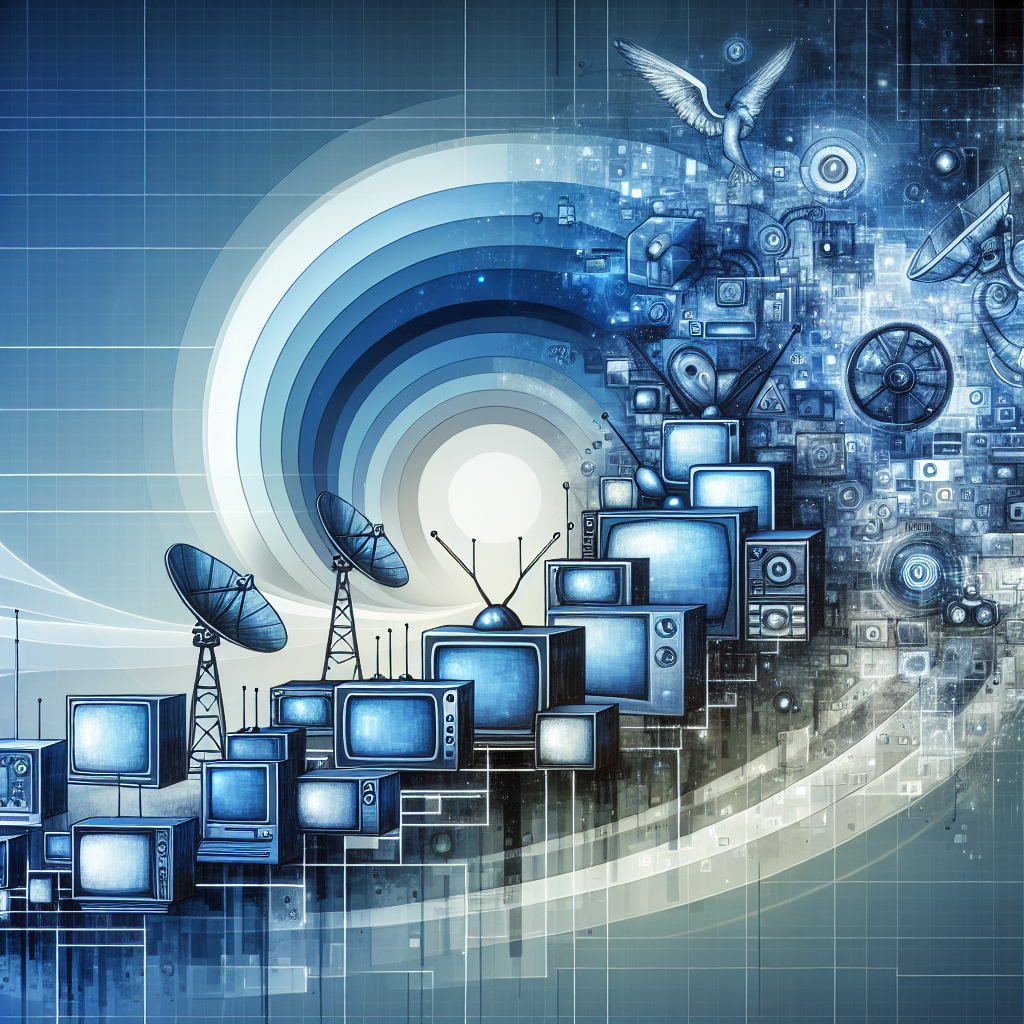Television has been a staple in households for decades, providing entertainment, news, and information to millions of viewers around the world. However, with the rise of the internet and digital technology, traditional TV is facing disruption like never before. One of the main disruptors in the television landscape is IPTV, or Internet Protocol Television.
IPTV is a technology that delivers television content over the internet, rather than through traditional cable or satellite providers. This allows viewers to access their favorite TV shows, movies, and sports events on any device with an internet connection, such as smartphones, tablets, laptops, and smart TVs.
One of the main reasons why IPTV is disrupting the television landscape is its flexibility and convenience. Unlike traditional TV providers, IPTV allows viewers to watch their favorite programs on demand, whenever and wherever they want. This means no more waiting for a specific time slot to watch a show or having to record it on a DVR. With IPTV, viewers have full control over their viewing experience.
Another way IPTV is disrupting the television landscape is through its vast array of content options. With traditional TV providers, viewers are limited to the channels and programs offered in their cable or satellite package. However, with IPTV, viewers have access to a wide range of content from around the world, including international channels, live sports events, and on-demand movies and TV shows. This gives viewers more choice and variety in their entertainment options.
Furthermore, IPTV is also disrupting the television landscape by offering more affordable pricing options. Traditional TV providers often require viewers to sign long-term contracts and pay high monthly fees for access to certain channels or packages. In contrast, IPTV services typically offer flexible pricing plans and subscription options, allowing viewers to pay for only the content they want to watch. This can result in significant cost savings for viewers who are looking to cut the cord on traditional TV providers.
Overall, IPTV is revolutionizing the way people consume television content. With its flexibility, convenience, diverse content options, and affordability, IPTV is reshaping the television landscape and challenging the dominance of traditional TV providers. As more viewers embrace this technology, the future of television is looking more digital and internet-based than ever before.


